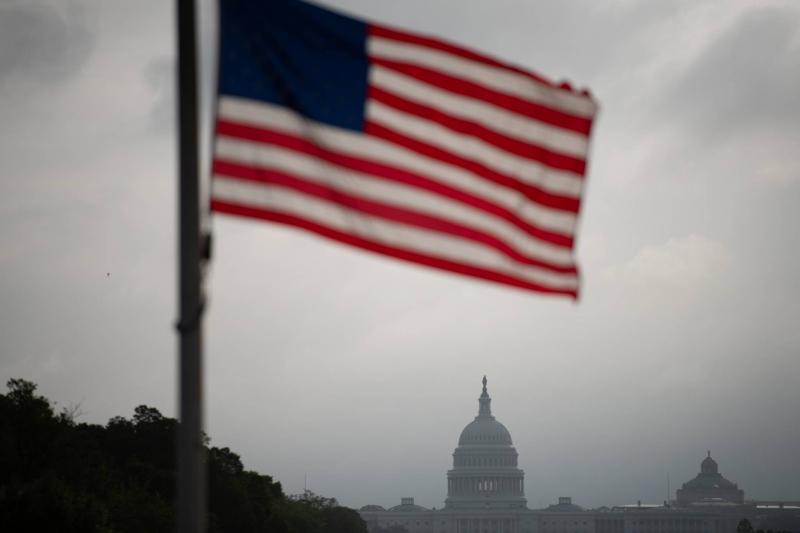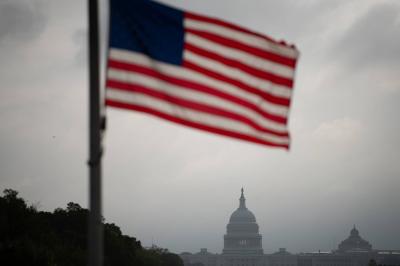A group of bipartisan U.S. lawmakers introduced a bill on Thursday aimed at preventing the U.S. government from recognizing Bashar al-Assad as the president of Syria and enhancing Washington's ability to impose sanctions on countries that normalize relations with Assad.
The bill prohibits the U.S. federal government from recognizing any Syrian government led by Assad, who is under U.S. sanctions, or normalizing relations with it. It also expands the American Caesar Act, which has imposed strict sanctions on Syria since 2020.
The proposed legislation comes after Arab countries ended years of confrontation with Assad by allowing Syria to return to its seat in the Arab League on Sunday.
U.S. Congressman Joe Wilson, chairman of the Middle East, North Africa, and Central Asia subcommittee, stated in a press release that "countries that choose to normalize relations with the unrepentant mass murderer and drug trafficker Bashar al-Assad are going in the wrong direction."
The bill was introduced by Wilson, along with Republican Congressman Michael McCaul, chairman of the House Foreign Affairs Committee, Republican French Hill, Democratic Brendan Boyle, who co-chair the "Caucus for a Free, Democratic, and Stable Syria," and others.
A senior congressional staffer who worked on the bill told Reuters that the legislation serves as a warning to Turkey and Arab nations about facing severe consequences if they interact with Assad's government.
The staffer noted that "Syria's return to the Arab League has alarmed congressional members and highlighted the need for swift action to send a message." He mentioned that the State Department was consulted in drafting the bill.
The bill includes a requirement for the Secretary of State to provide an annual strategy over five years outlining how to address normalization with Assad's government, including a list of diplomatic meetings held between the Syrian government and Turkey, the UAE, Egypt, and other countries.
Additionally, the bill would pave the way for U.S. sanctions on airports allowing Syrian Airlines planes to land. If enacted, the bill would also require a review of financial transfers, including donations over $50,000 from individuals in Turkey, the UAE, Egypt, and several other countries, to areas in Syria controlled by Assad's government.




